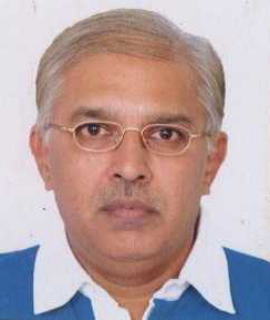Paleomicrobiology, Archaeomicrobiology & Microbial Forensics
The study of microorganisms found in prehistoric materials is known as paleomicrobiology. Microbiology, anthropology, history, palaeontology, and archaeology have all contributed to this intriguing domain of research. To diagnose ancient infectious diseases and study the virulence, evolution, and lifestyles of ancient pathogens, the discipline mainly relies on the investigation of microbial aDNA. In the examination of one of the coldest cases in human history, paleomicrobiology played a key role.
Archaea are a category of microorganisms that are related to bacteria but differ in evolution. Many archaea have been discovered to live in harsh conditions, such as high pressures, salt concentrations, or temperatures. Extremophiles are organisms that live in extreme environments. The structure of their cell wall differs from that of bacteria, and it is thought to be more stable in harsh conditions, which may explain why some archaea can survive in some of the world's most hostile environments.
The detection and characterization of both biological and non-biological evidence are crucial to microbial forensic investigations. Microbial forensics aims to deliver credible results quickly in order to preserve public health while also ensuring sufficient validity and quality for law enforcement and policy making. Law enforcement may collaborate with scientists from microbiology, genetics, public health, agriculture, and a variety of other fields to identify and characterise infections or their toxins implicated in biological events in microbial forensics.
- Ancient DNA
- Microbial Cell Membranes
- Mechanisms of DNA Preservation
- Gene Evolution
- Forensic Applications of Microbiomics
- Microbiology in Forensics

Xingmin Sun
University of South Florida, United States
Bing Chen
Memorial University, Canada
Shailesh R Dave
Xavier’s Research Foundation, LCRD, India
Michaela Hostetler
The Ohio State University, United States


Title : Degradation of chitin using chitinase produced from molecular identified bacteria
Afra Mohammed Baghdadi, Jeddah University, Saudi Arabia
Title : Antibiotic resistance of clostridioides difficile
Xingmin Sun, University of South Florida, United States
Title : Metagenomics of the saline habitats of coastal Gujarat, India: Emerging potential for biocatalysis and bioremediation
P. Satya Singh, Saurashtra University, India
Title : Molecular Response Analysis for Lentinus squarrosulus AF5 under Azo dyes Stress: An Integrated Proteome Dynamics and Putative Metabolic Cascade
Anshu Mathur, Indian Institute of Technology Roorkee, India
Title : The necessity for innovative biotechnological solutions for the treatment of dying and textile effluents and their prose and cones
Shailesh R Dave, Xavier’s Research Foundation, LCRD, India
Title : In search of obesity-linked signature gut microbial features and species contributors of reproducible pathway shifts
Deep Chanda, National Institute of Technology, India